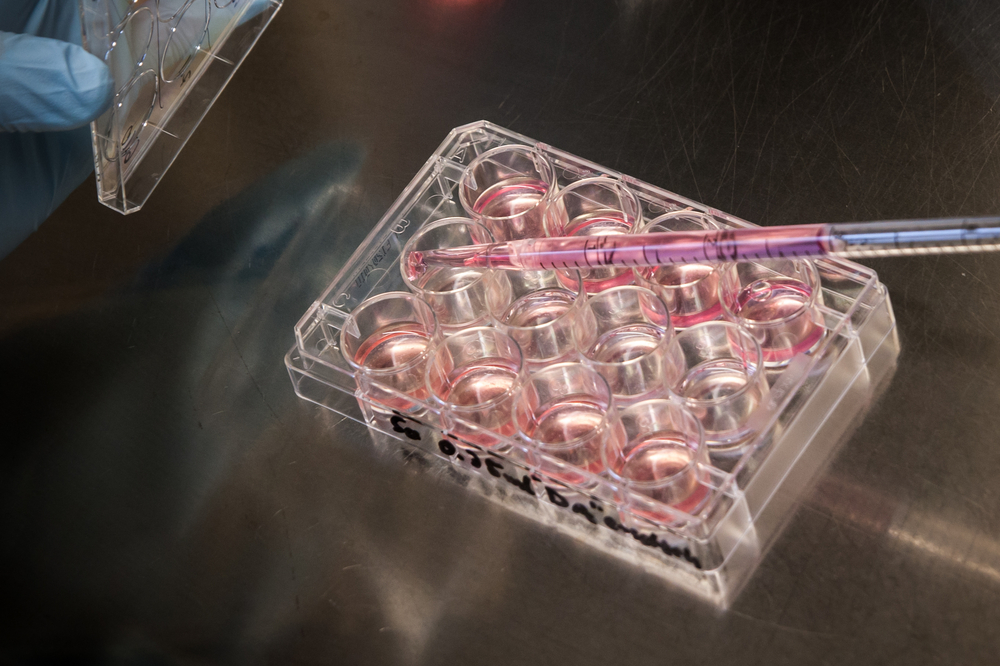
The medical community has attempted to fight the effects of aging for generations. Age-related frailty creates worse medical outcomes and mortality as patients continue to grow older. According to some research, the prevalence of frailty in elderly populations can be as high as 10%.
Researchers have found that one of the key reasons that humans become more fragile as they age is due to the depletion of stem cells and stem cells become less effective. Additionally, there appears to be more inflammation present in patients who exhibit age frailty. These two factors cause many of the symptoms of fraily, such as weakness, exhaustion, weight loss, and more.
Developing treatments and therapies to fight against age-related frailty can extend lifespans and improve patient quality of life into the later years of life. Patients can take some precautions to fight frailty, such as exercise, vitamin D, and caloric support. However as of today, there are no known approved medical treatments to fight age frailty.
Regenerative medicine may be able to improve the outcome of patients who are suffering from age-related frailty. The hope in regenerative medicine and aging is to utilize stem cells to fight off frailty. Stem cells have immune system regulation and tissue regenerative effects that may be able to reverse parts of the aging process.
A study, Allogeneic Mesenchymal Stem Cells Ameliorate Aging Frailty: A Phase II Randomized, Double-Blind, Placebo Controlled Clinical Trial, looked into the potential of utilizing stem cell therapy to improve frailty symptoms in elderly patients.
Study Showcases Improvements in Age Frailty
30 patients who suffered from age-related frailty agreed to take part in the clinical trial. Patients were between the ages of 60 and 95. Patients were given either a dose of 100 million stem cells, 200 million stem cells, or a placebo. The patients were split up into groups of 10 and given one of the treatments.
The first goal of the study was to prove that stem cell therapy was safe and the second goal was to determine the efficacy of the therapy. The first goal of the study was achieved. There were no adverse medical events one month after treatment. 12 months after the treatment, patients did not experience any adverse events related to the treatment.
The second goal of the study was also achieved. The 100 million dose group showed the most improvements as compared to the other groups. At the six month mark, the patients quality of life and functional status increased from 345.9 ± 103.4 to 410.7 ± 155.
The 100 million dose group also saw improvements in their Short Physical Performance Battery scores from 10.5, IQR 9.0, 12.0 to 12.0, IQR 11.0, 12.0. Male patients did not show improvement in erectile dysfunction, but women significantly improved their SQOL scores going from 59.8 ± 15.3 to 76.0 ± 12.9. These improvements showcase that the quality of life of patients greatly improved in the 100 million dose group.
The study also found that the immune system was changed from the stem cells. The study found that inflammatory factors, such as serum TNF-α and B cell intracellular TNF-α were reduced in patient groups that received stem cells. There was also a suppression in chronically activated T-cells six months after the stem cell treatment. Patients also had a reduced percentage of CD8 T-cells. Stem cells may be able to help elderly patients fight off infections by improving the immune system.
The researchers found that the 100 million dose of stem cells was more effective than the 200 million dose. It remains unclear why this is the case. The 200 million dose group had similar immune markers as the 100 million dose group. Higher cell concentrations could impair cell activity due to the sheer number of cells which could reduce the clinical benefit of stem cells. The researchers compared their results to another recently completed study that also found 100 million stem cells appeared to be the optimal dose for patients.
The study found that stem cells may be an effective treatment for patients who are suffering from aging frailty. Researchers believe that stem cells are able to improve aging frailty due to inflammation and stem cell depletion. Stem cells can ensure that patients have the stem cells that they need and empower the immune system to reduce inflammation and fight off infection. Patients who are suffering from age frailty may be able to reverse some of the effects of aging.

